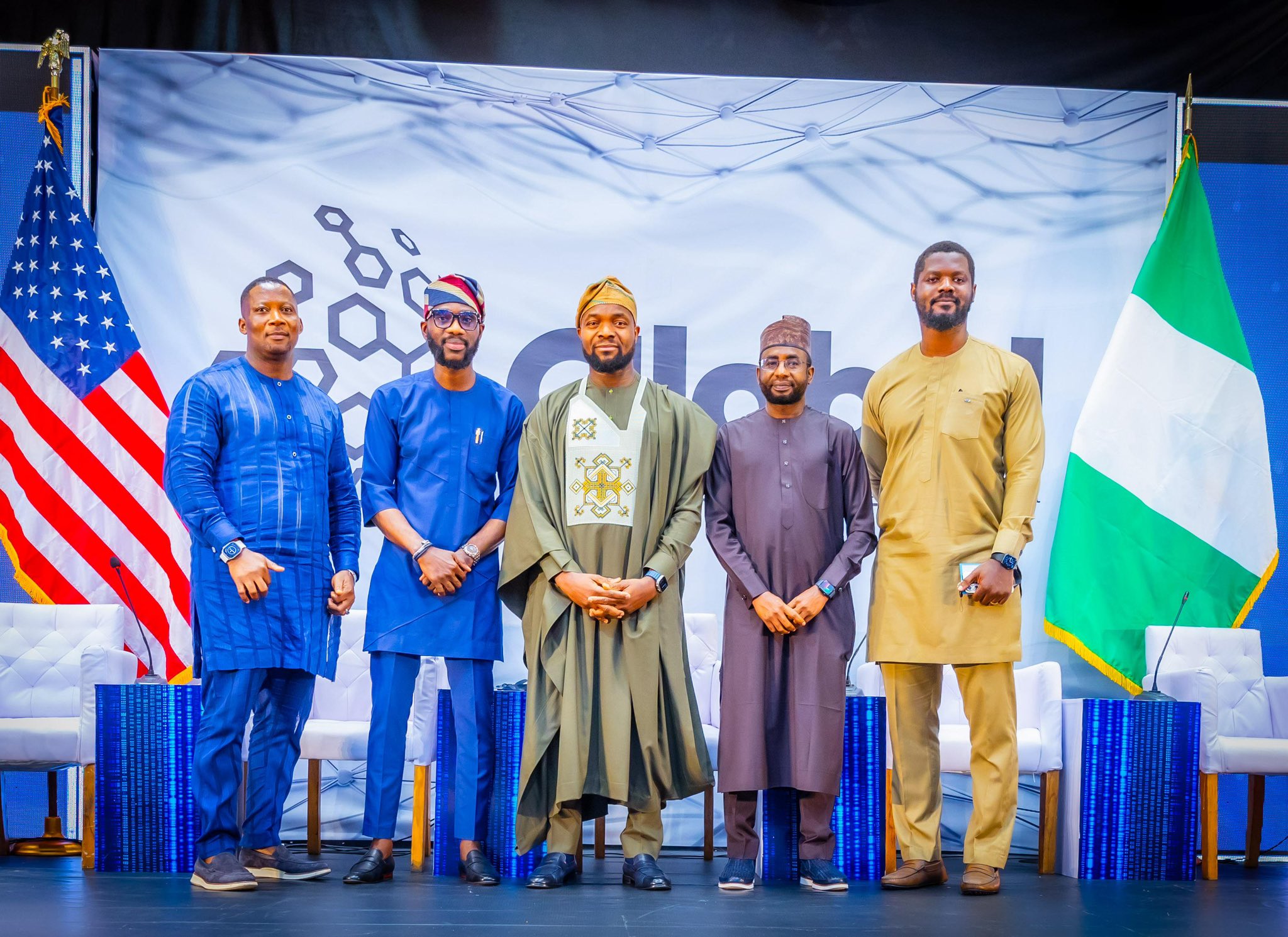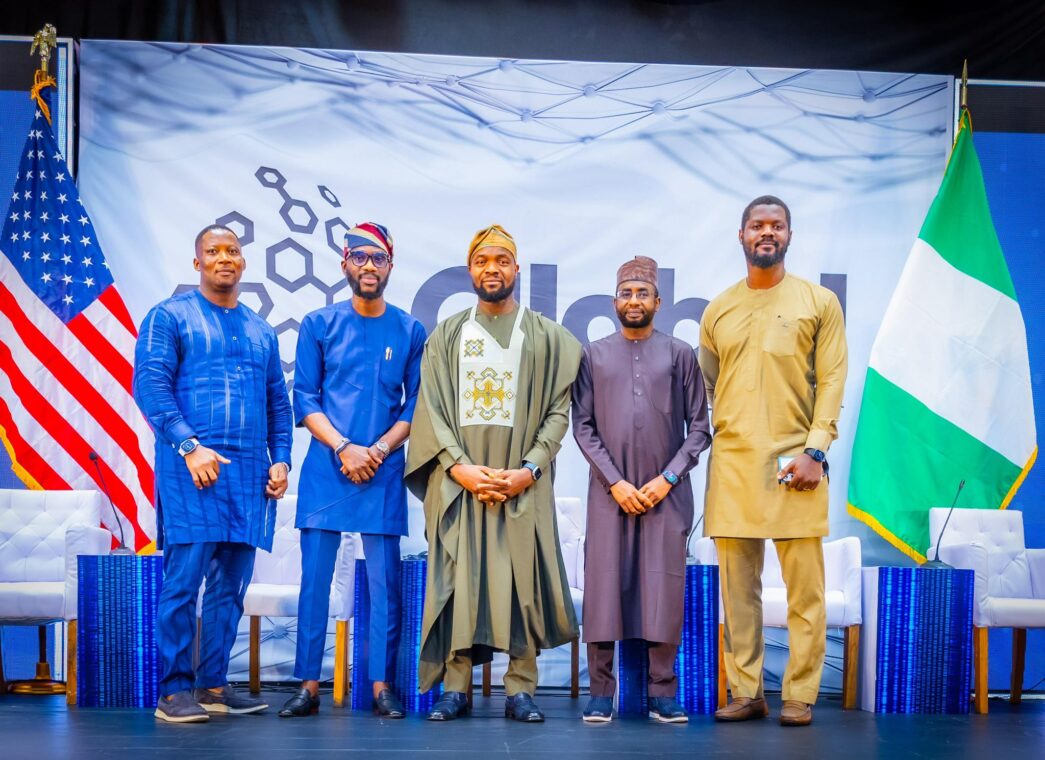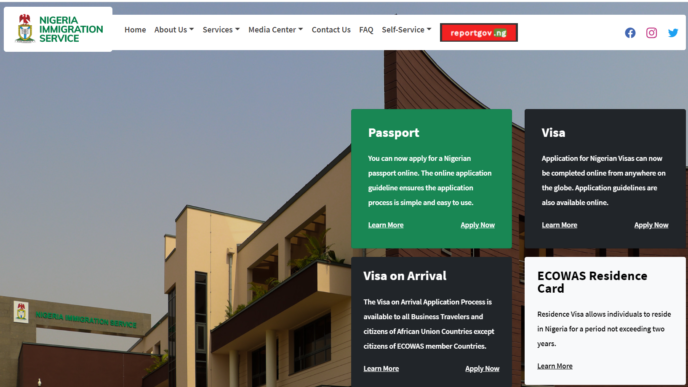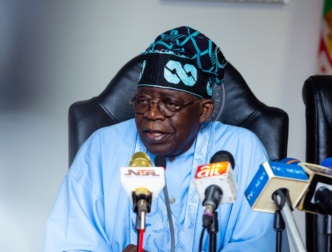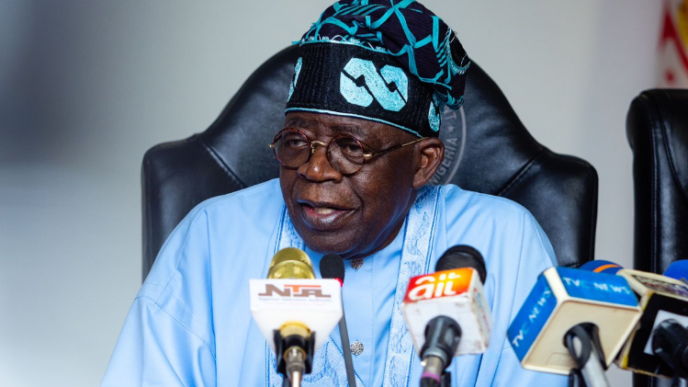BY JACOB SULE
Last week, the US Department of State and the Nigerian Federal Ministry of Communications, Innovation, and Digital Economy hosted more than 200 stakeholders from the private and public sectors, nonprofit executives, and academia for a “Global Inclusivity and AI: Africa” conference in Lagos, Nigeria. The conference allowed participants to discuss the deployment and use of AI and how to strategically incorporate and harmonise AI governance strategies between the United States and African nations.
Undoubtedly, Artificial Intelligence (AI) is revolutionizing industries worldwide and is now fully integrated into education. In Nigeria, where the education sector faces numerous challenges, such as inadequate infrastructure, lack of qualified teachers, and inconsistent access to learning resources, AI has the potential to bridge significant gaps. By integrating AI into education, Nigeria can enhance teaching, improve learning outcomes, and provide students with personalized educational experiences. However, successful integration requires careful planning, infrastructure investment, and policy support.
AI comes with numerous opportunities for the educational system in Nigeria. It could help students create personalized learning outcomes. The Integration of AI can provide students with individualized learning paths based on their abilities, learning styles, and progress. This is particularly important in Nigeria, where classrooms are often overcrowded, and teachers may struggle to cater to each student’s unique needs. AI-powered platforms, such as intelligent tutoring systems, can adapt content, provide real-time feedback, and suggest additional learning materials to enhance student comprehension. AI can enable the creation of advanced e-learning platforms that simulate classroom experiences. For students in remote or underserved areas, this can provide access to quality education even with few qualified teachers. AI can facilitate virtual classrooms, interactive discussions, and automated assessments, allowing students to learn from anywhere.
AI can streamline administrative processes such as grading, attendance tracking, and scheduling. This can free up teachers’ time, allowing them to focus more on actual teaching. For example, AI systems can quickly assess student assignments, detect patterns in student performance, and generate reports that can help teachers identify areas where students may need additional support. AI can empower teachers with tools for lesson planning, content delivery, and student assessment. Platforms using natural language processing and machine learning can analyze vast amounts of educational content and present it in ways that enhance teaching efficiency. In turn, this allows teachers to focus on interacting with students rather than spending excessive time on preparation.
Advertisement
Although Nigeria faces a shortage of qualified teachers, particularly in STEM fields, AI-based teaching tools, such as virtual teaching assistants and chatbots, can supplement teaching in subjects needing more expertise. This can help fill the gap in STEM education and ensure students receive the instruction they need to succeed in a rapidly evolving job market. AI systems can analyze vast amounts of educational data to provide insights into student performance, teaching effectiveness, and institutional efficiency. For education policymakers in Nigeria, this data can help make informed decisions about curriculum improvements, resource allocation, and interventions to boost educational outcomes.
While the potential of AI in Nigeria’s education sector is immense, several challenges must be urgently addressed. Many Nigerian schools, particularly rural ones, lack basic digital infrastructure such as internet connectivity, electricity, and computers. The successful implementation of AI will require significant investments in infrastructure. Teachers and students must be digitally literate to benefit from AI-based educational tools. Comprehensive training programs will be necessary to equip educators with the skills needed to integrate AI into their teaching practices. AI tools and systems are often expensive to implement and maintain. Acquiring and sustaining AI technology may be prohibitive for schools in underfunded regions without government support or public-private partnerships. As with any technology, there are ethical concerns around AI, such as privacy, data security, and the risk of bias in AI systems. Ensuring that AI applications are used responsibly, with clear regulations and oversight, is essential to preventing potential misuse.
The Government of Nigeria at the Federal, State, and Local levels has critical roles in integrating AI into education. The Nigerian government must prioritize AI integration in education through policy frameworks encouraging
Advertisement
Collaborating with technology firms, AI startups, and international organizations can provide the expertise, funding, and infrastructure necessary to implement AI in Nigerian education. These partnerships can also facilitate the development of localized AI solutions tailored to the unique challenges of the Nigerian education system. AI integration should prioritize access for underserved communities, including rural schools and marginalized students. Programs should be developed to ensure that all students, regardless of socioeconomic background, can benefit from AI-enhanced education. This could include providing affordable digital devices and internet access in underserved areas.
The Nigerian government should establish clear guidelines for the ethical use of AI in education. These guidelines must address concerns related to data privacy, transparency, and fairness in AI algorithms, ensuring that the technology is used responsibly and inclusively. Integrating AI into Nigeria’s education system presents a transformative opportunity to improve learning outcomes, enhance teacher effectiveness, and bridge the gaps in access to quality education. However, realizing this potential will require urgent and strategic investments in infrastructure, teacher training, and digital literacy. By creating supportive policies, fostering partnerships, and ensuring ethical AI use, Nigeria can leverage AI to build a more equitable and efficient education system for the future.
Jacob Sule is the Executive Director of the iRead To Live Initiative and a doctoral student in higher education administration at George Washington University in Washington, DC, United States.jacob.olaoluwa@gmail.
Advertisement
Views expressed by contributors are strictly personal and not of TheCable.
Add a comment
